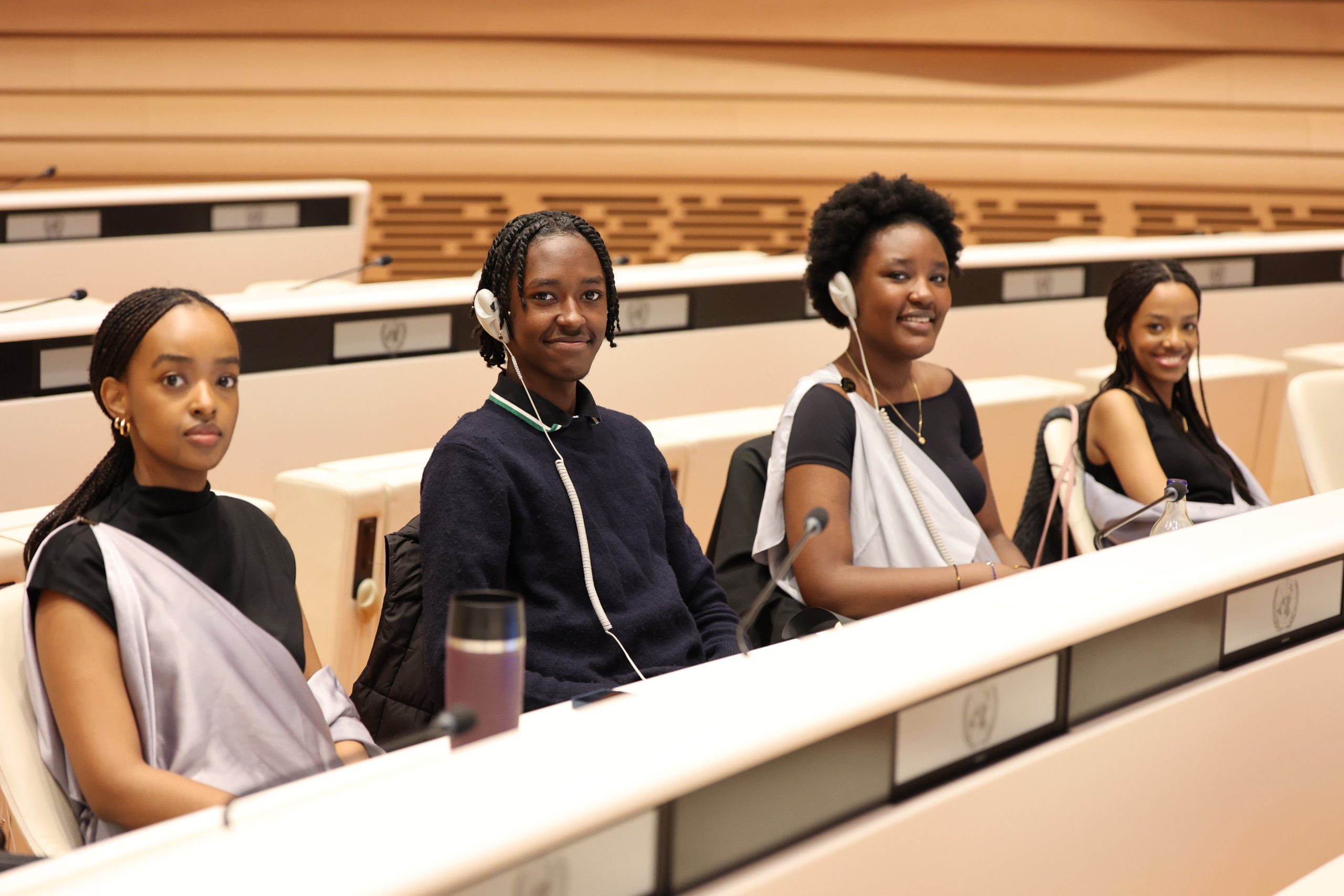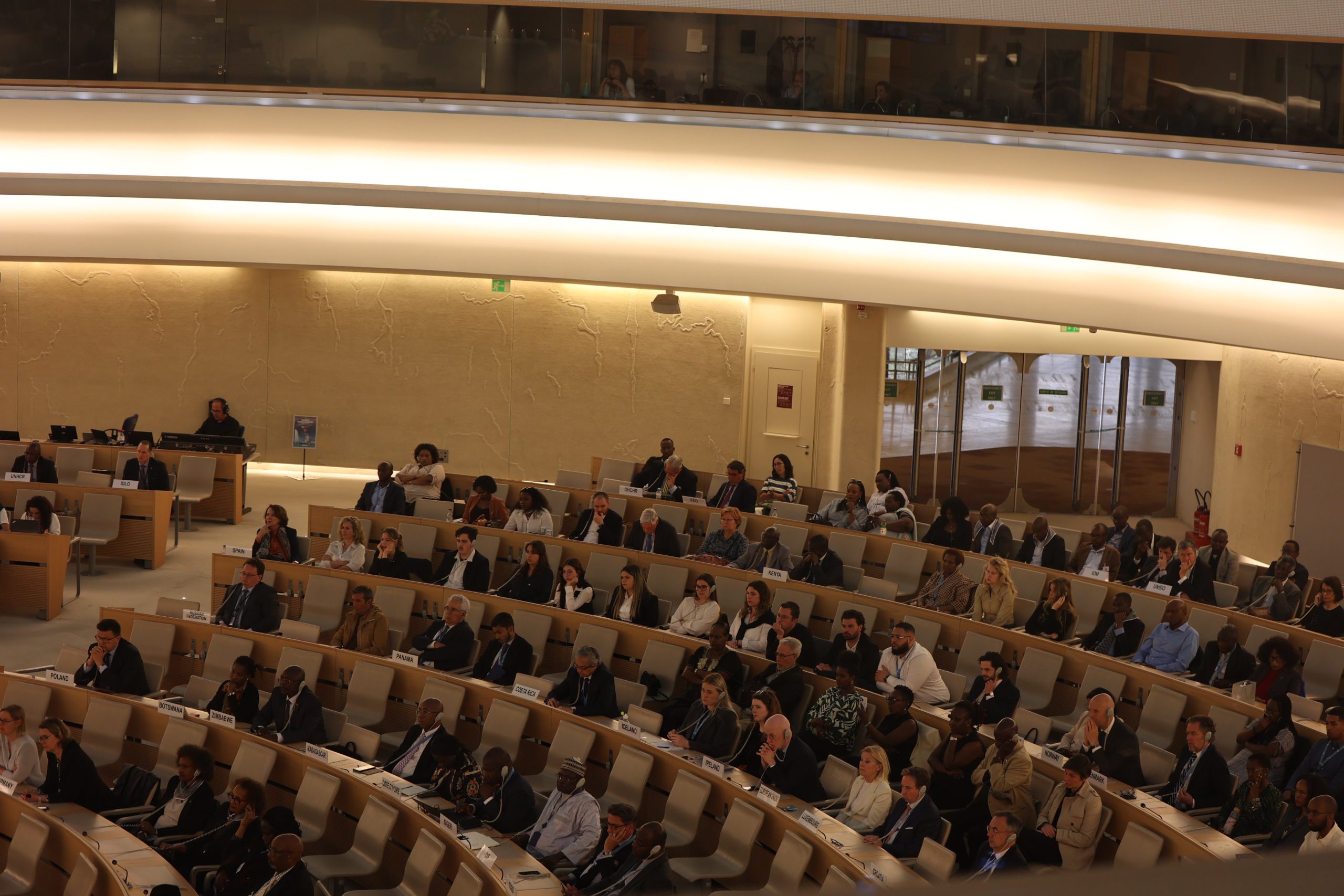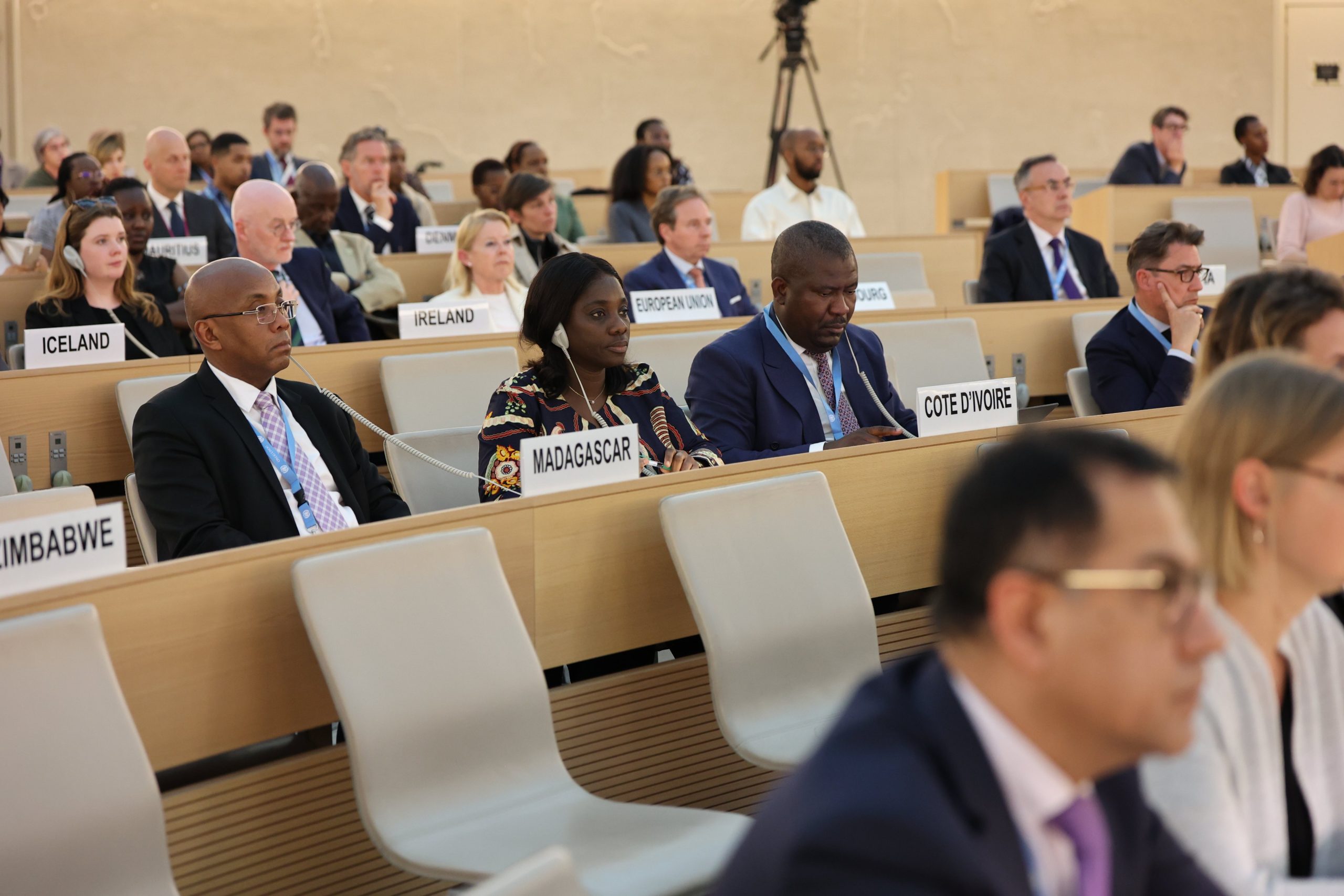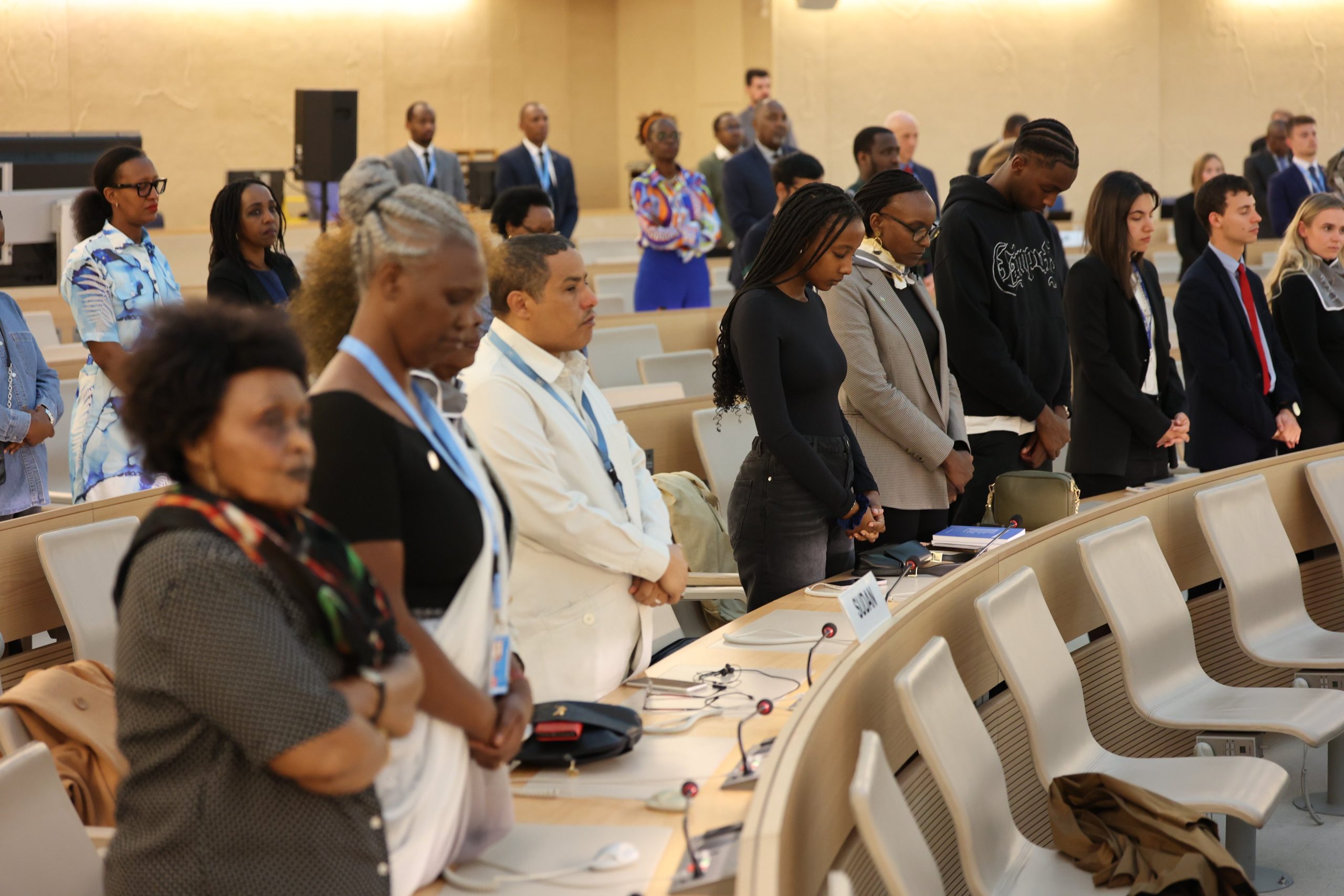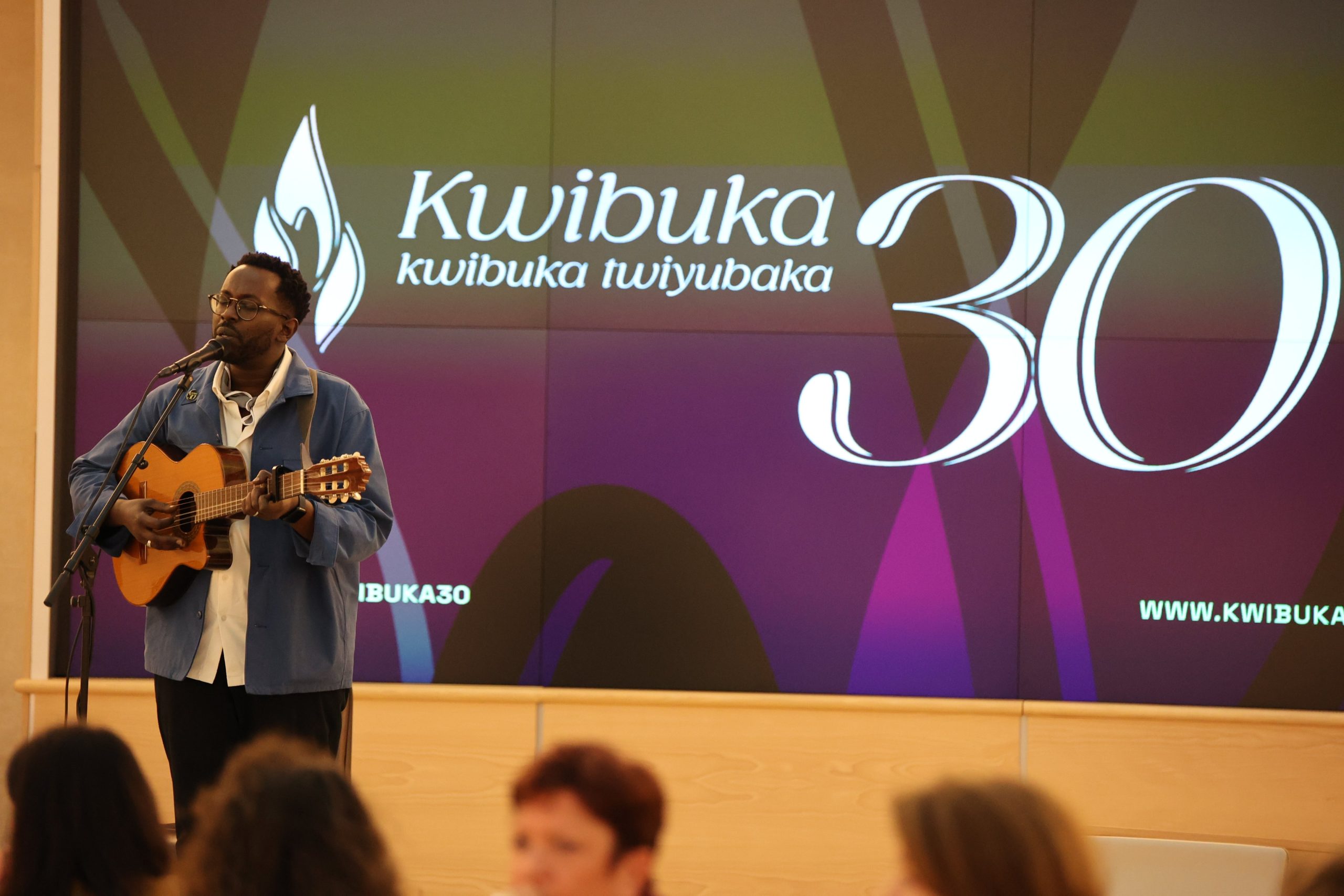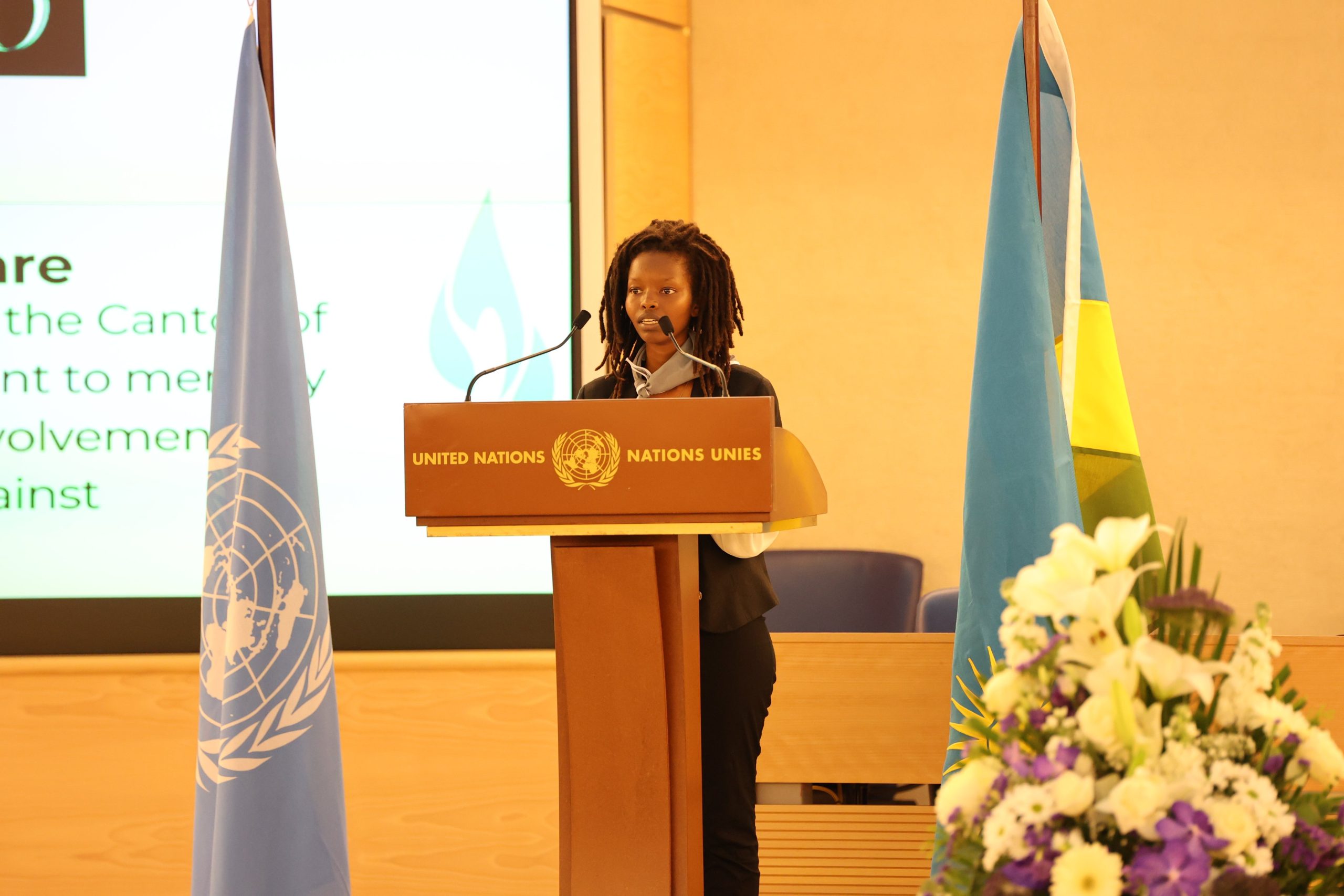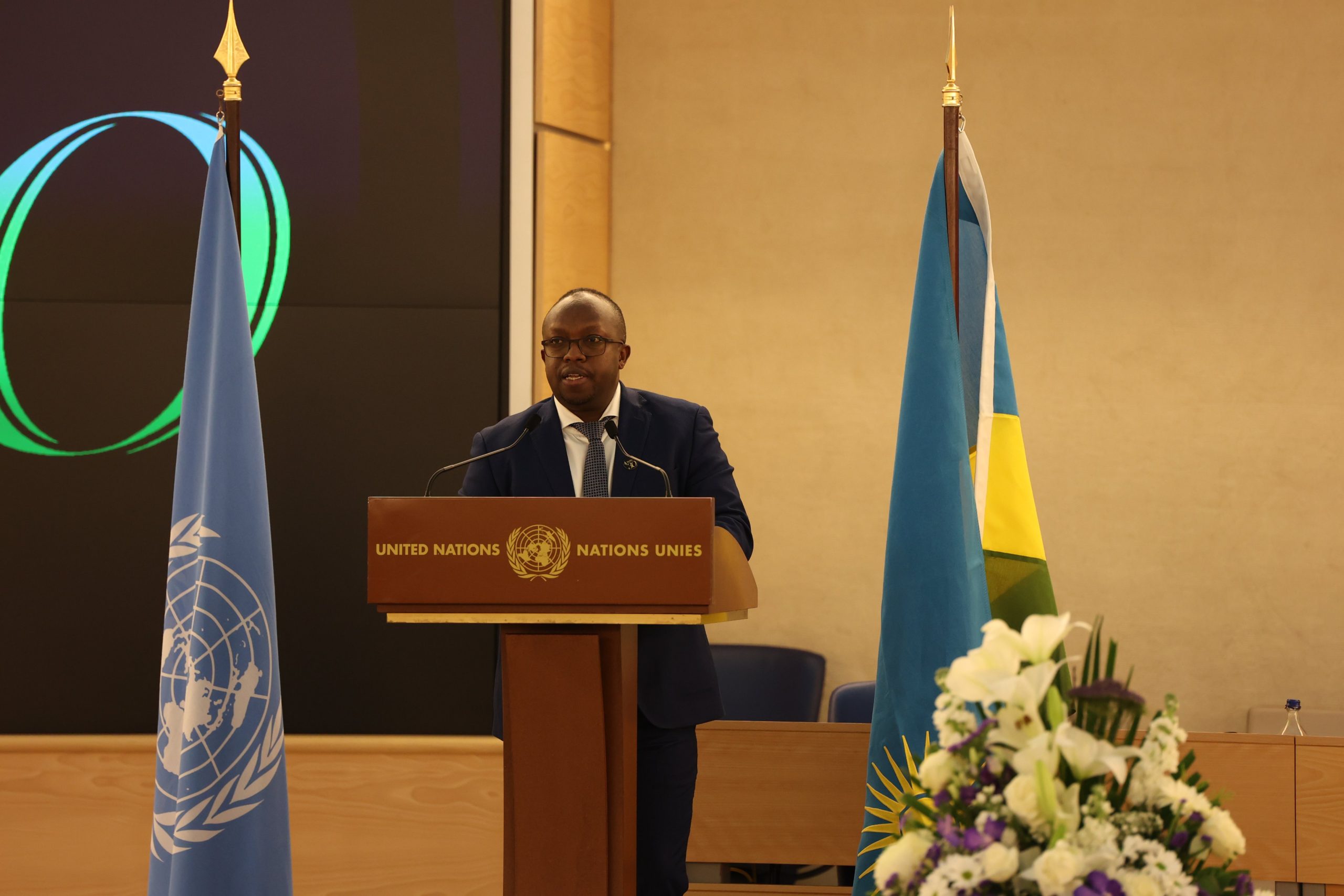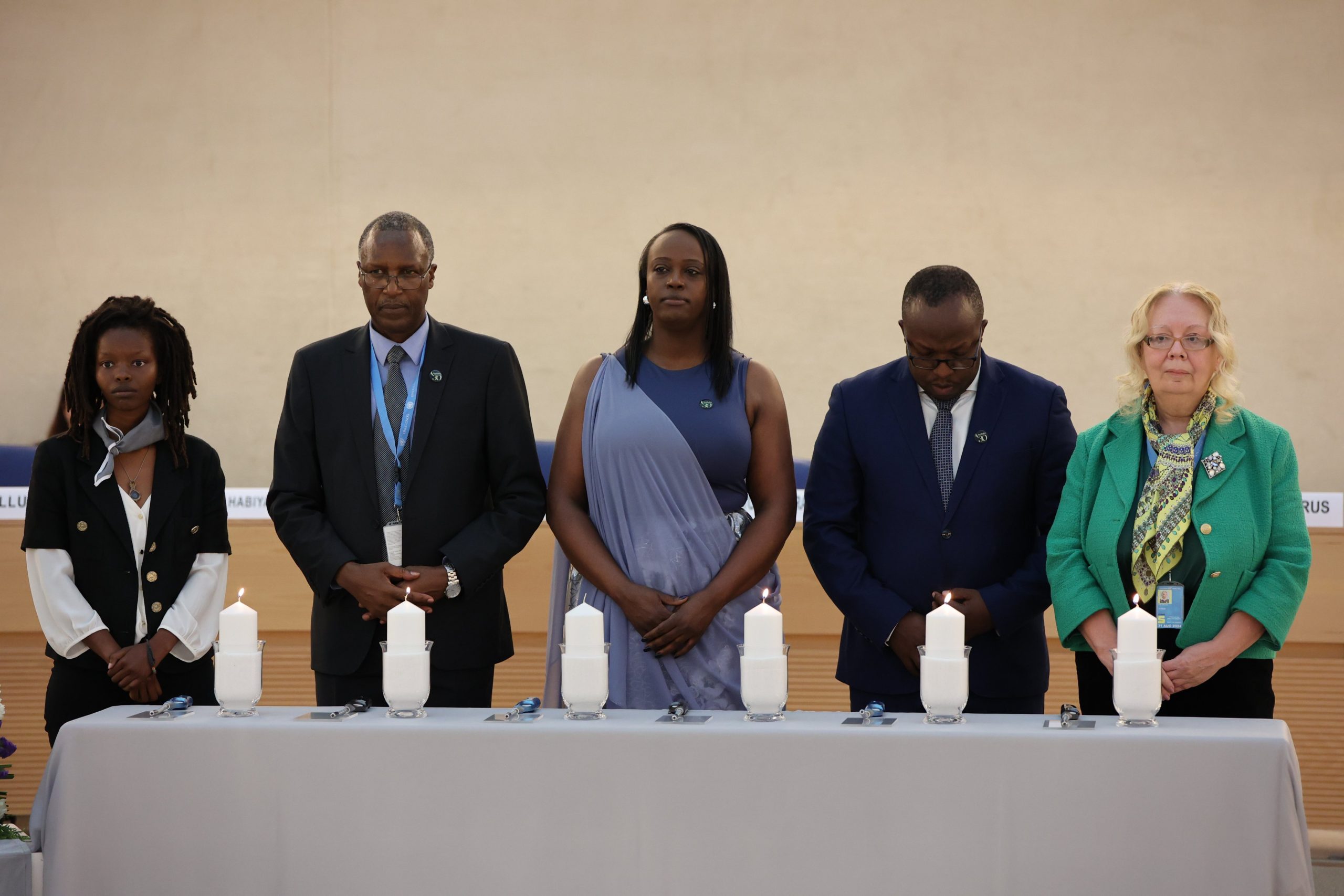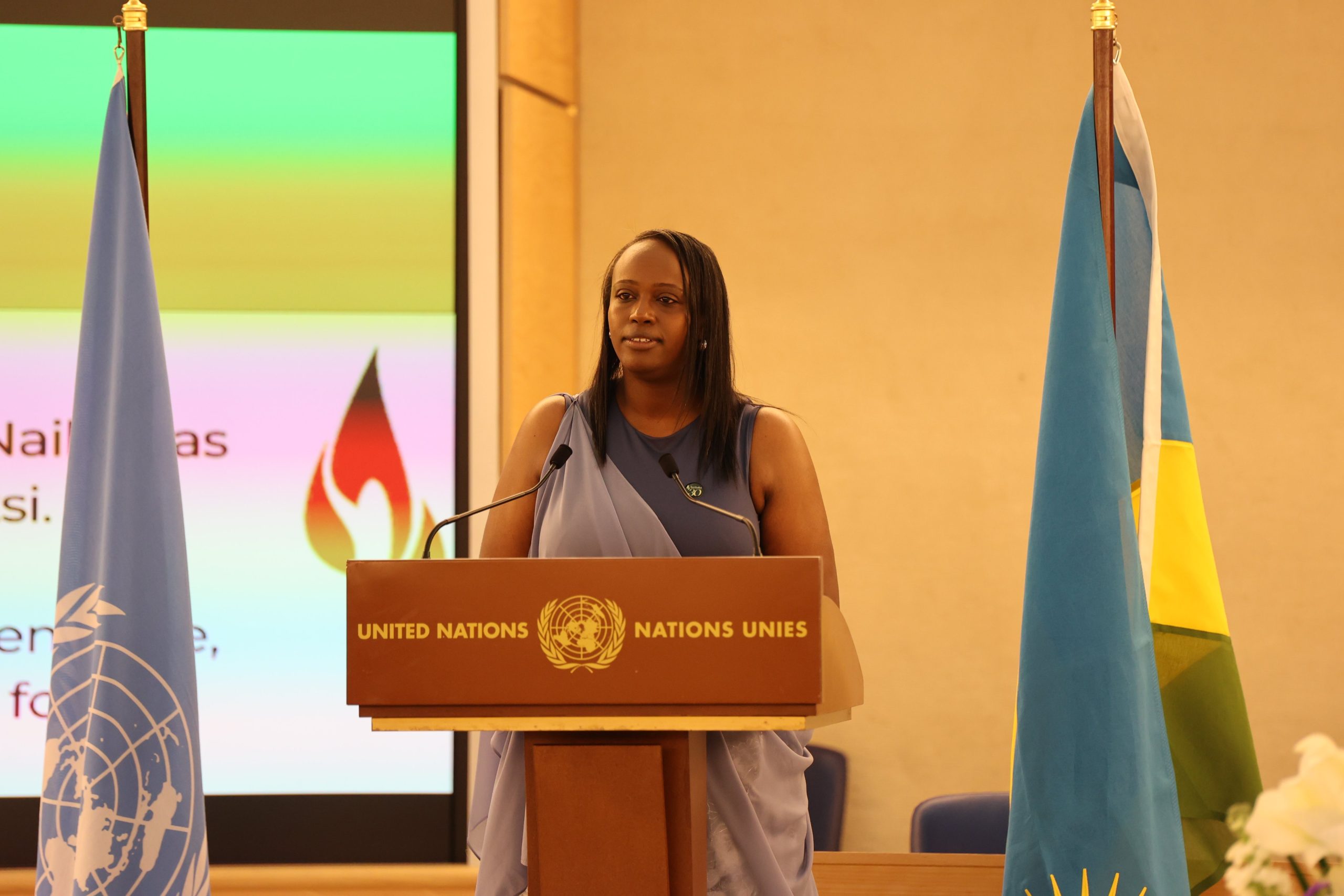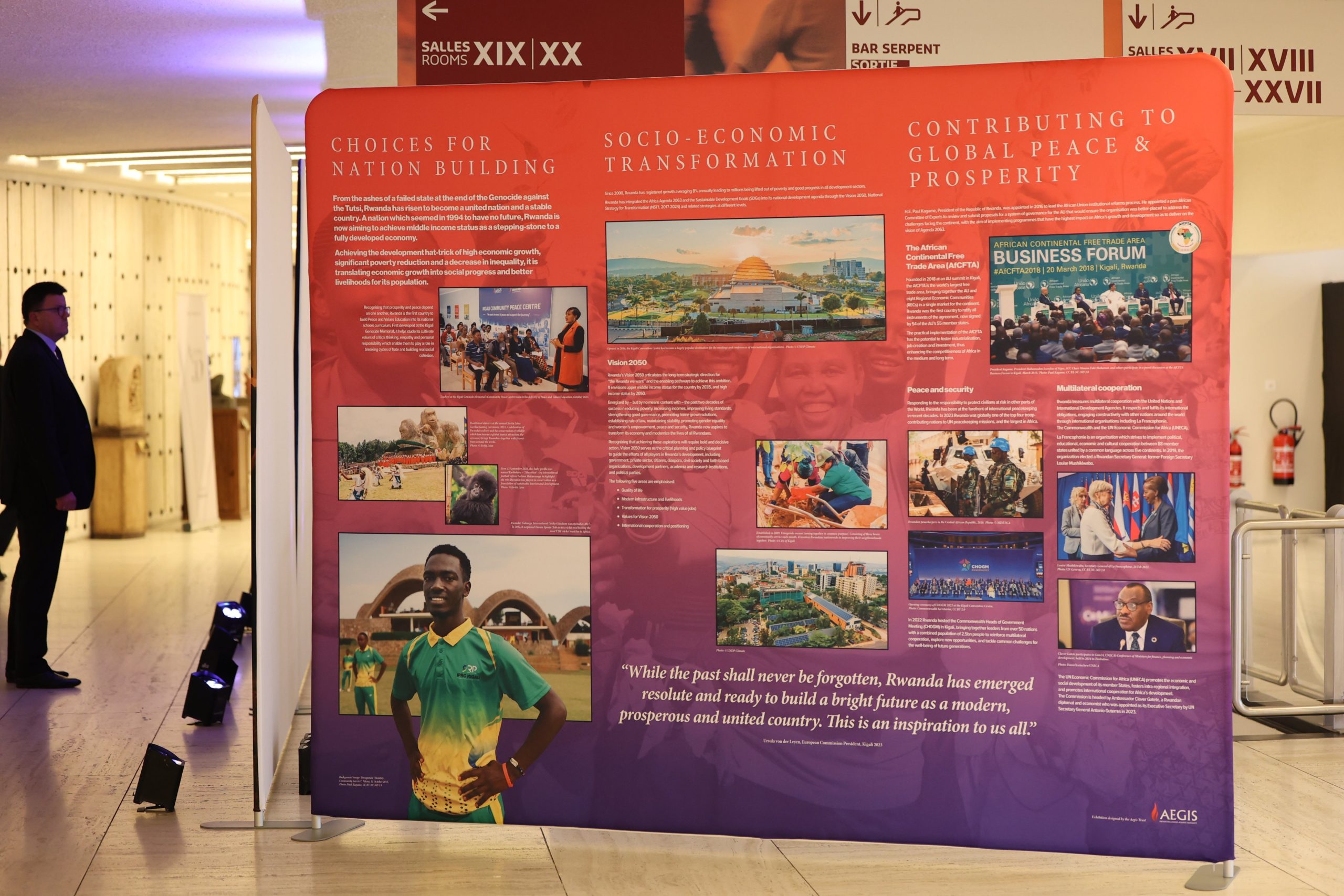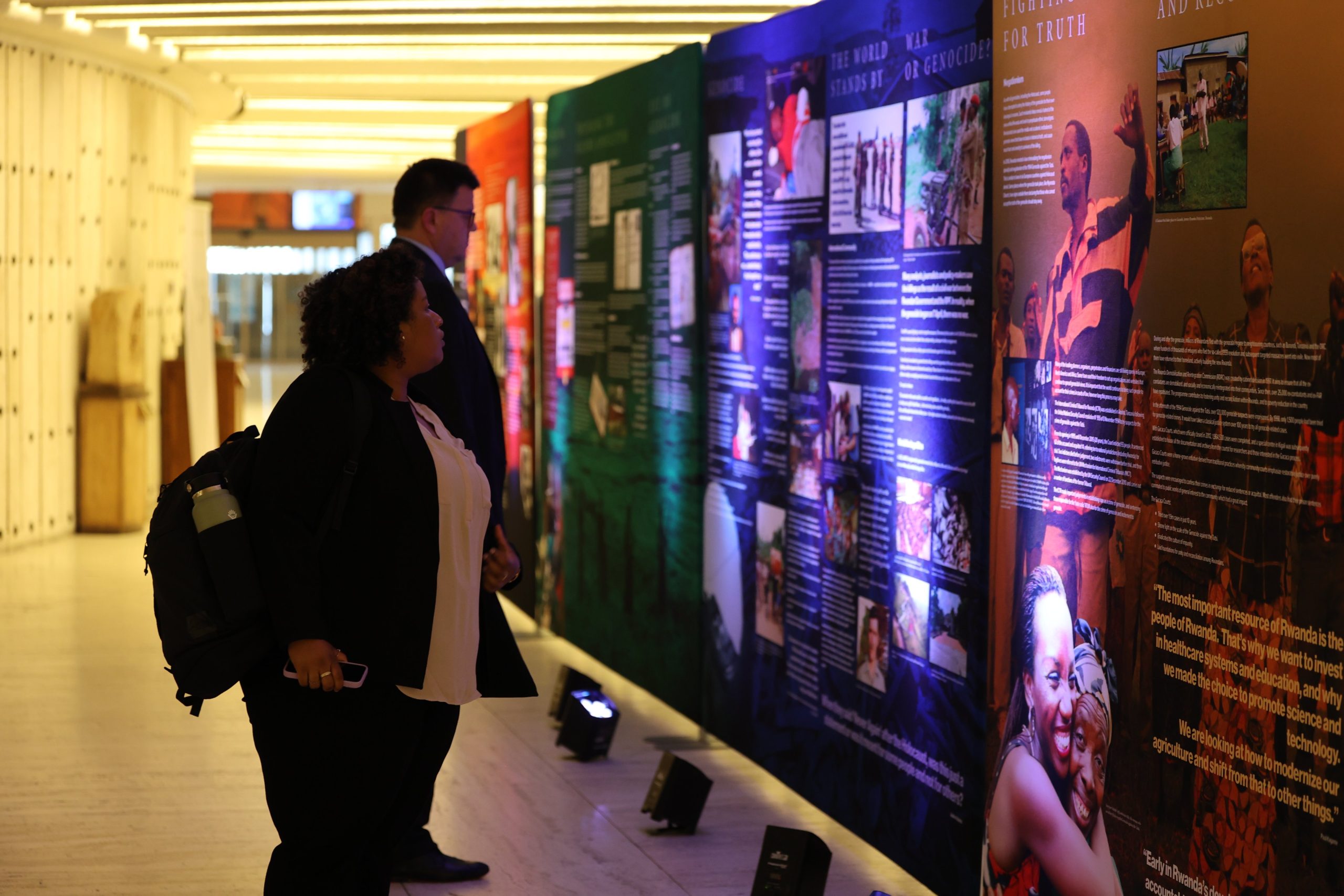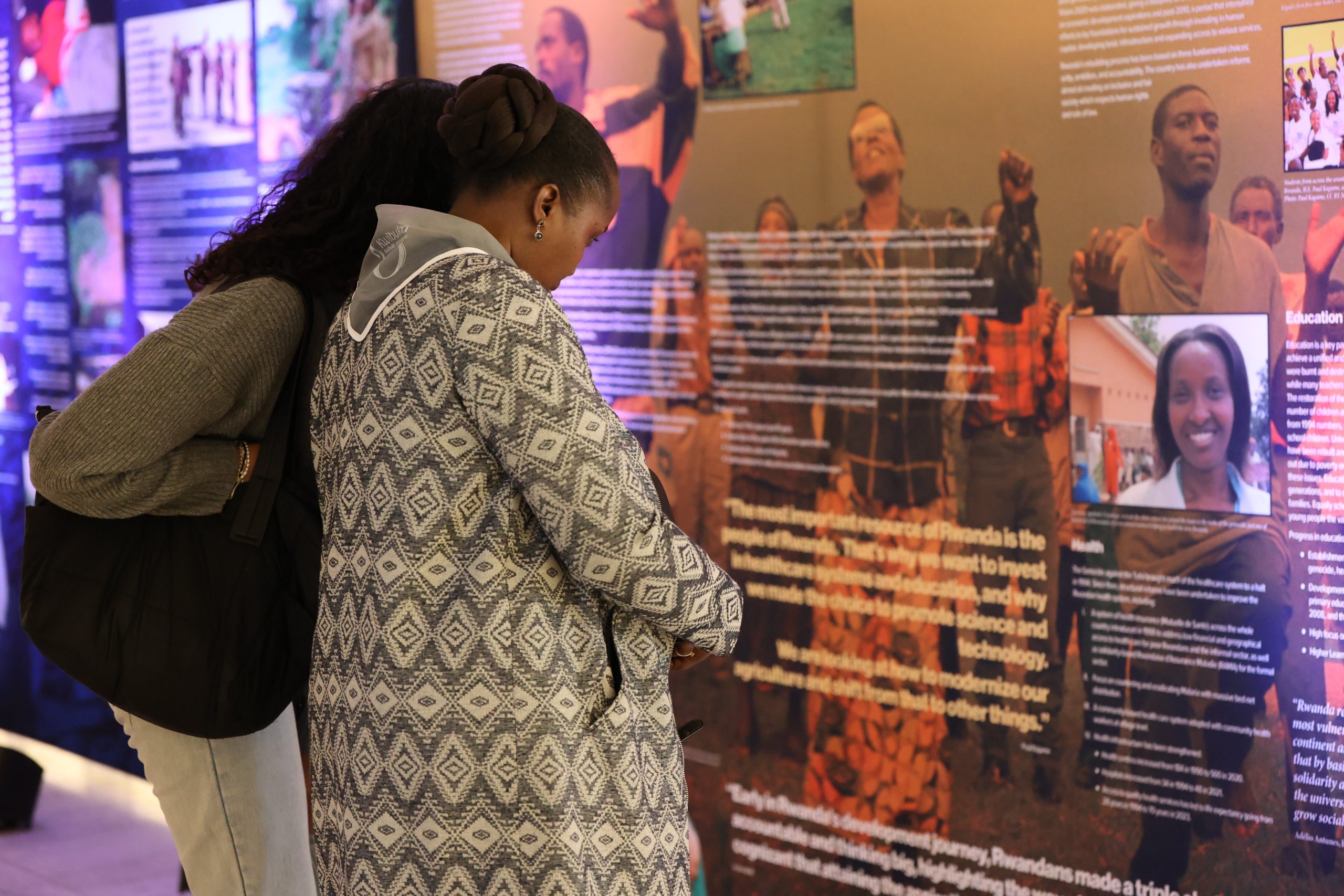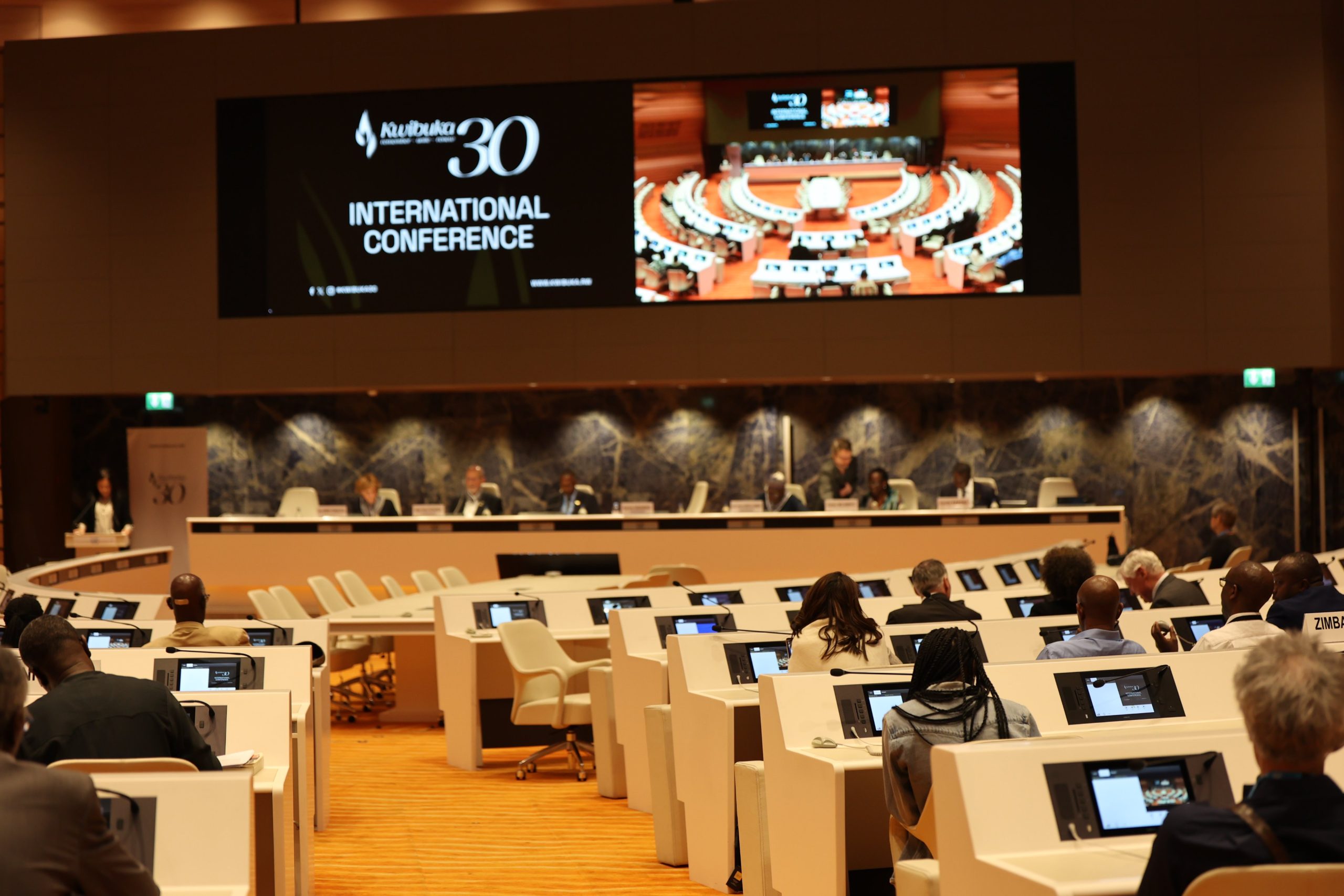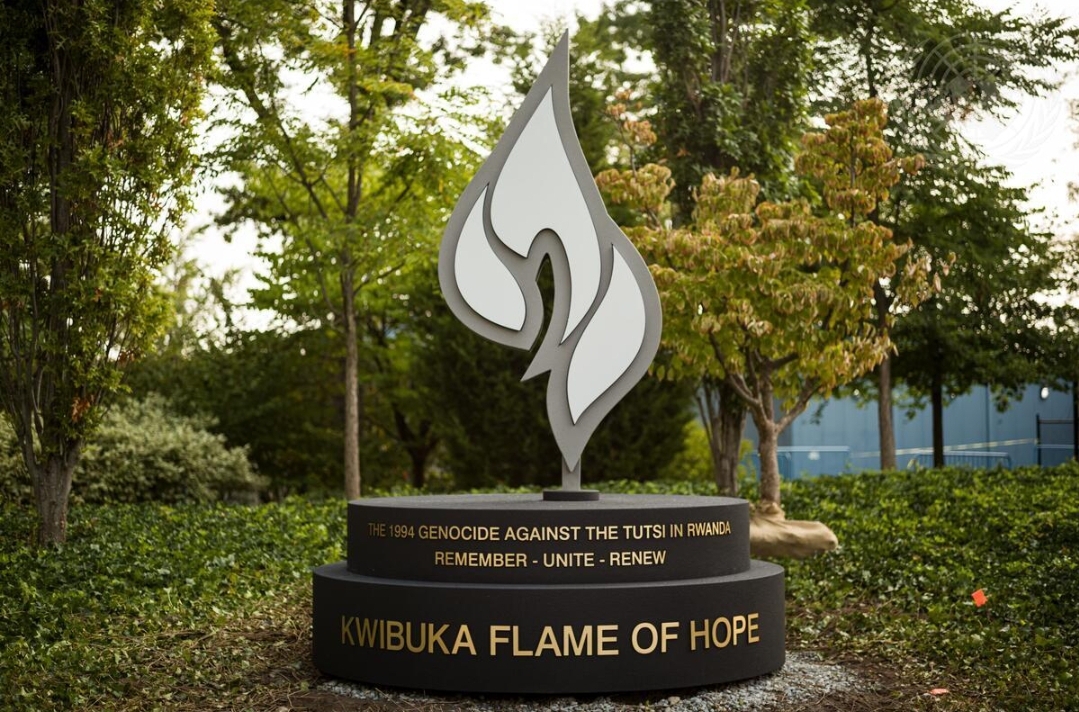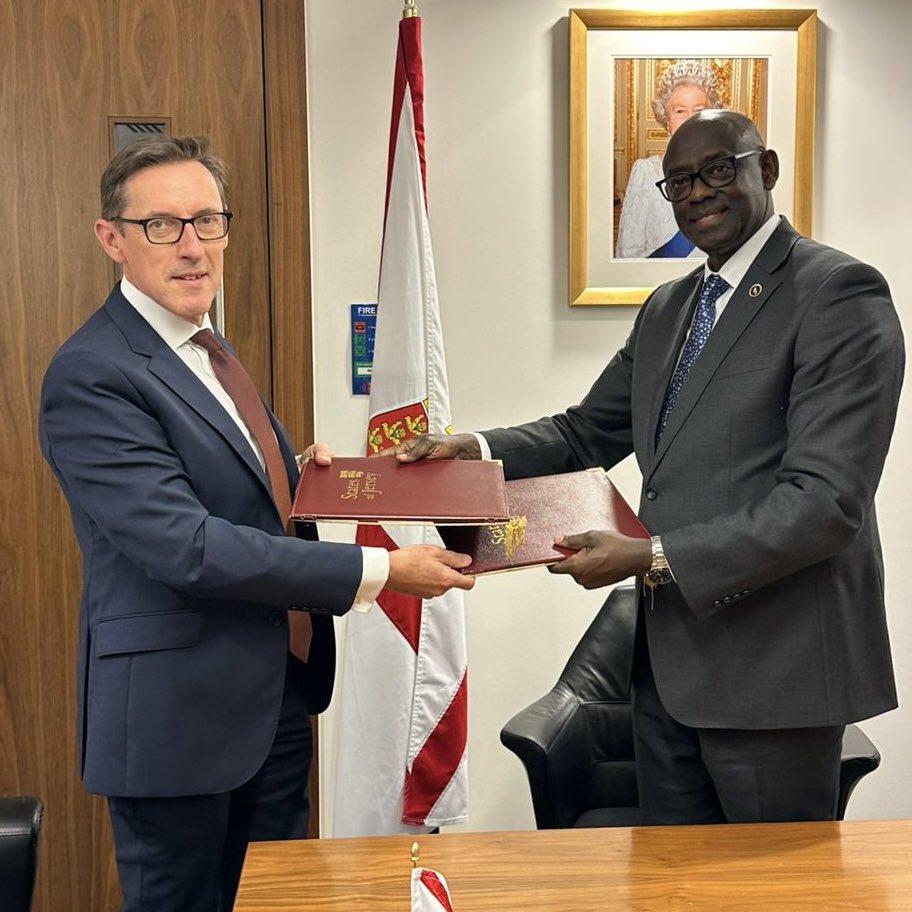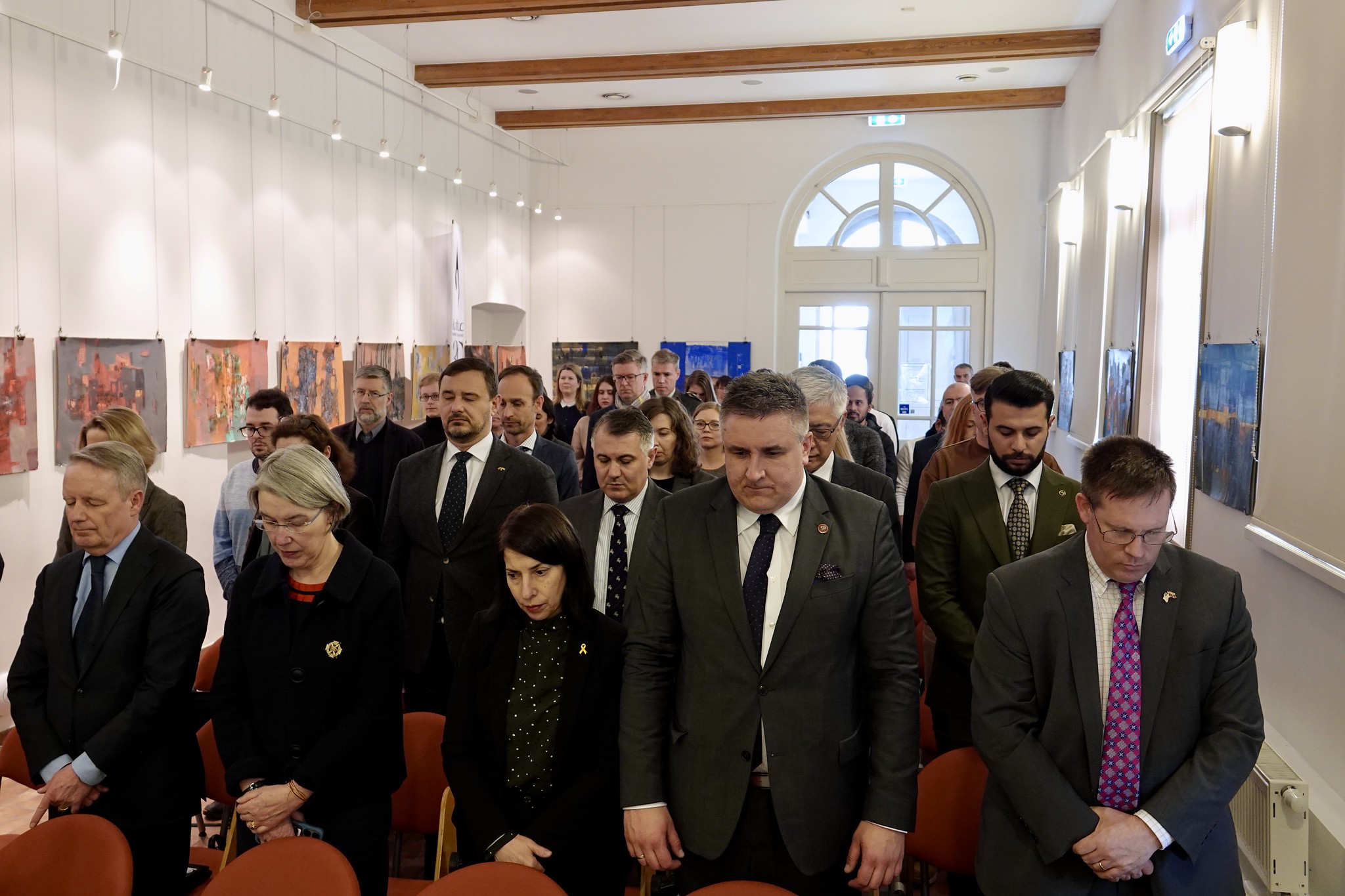Yesterday, on Monday, April 15, at the United Nations in Geneva, an International Conference for the 30th Commemoration of the 1994 Genocide against the Tutsi convened.
The conference served as a crucial platform for discussions on addressing genocide denial, pursuing and prosecuting fugitives, and adopting strategies to prevent such heinous crimes from recurring.
Opening the conference, James Ngango, Ambassador-designate of Rwanda to Switzerland and Permanent Representative to the United Nations Office in Geneva, delivered a poignant address, urging decisive action against genocide ideologies.
He emphasized the importance of confronting denial and ensuring accountability for perpetrators of genocide, setting the tone for insightful discussions throughout the event.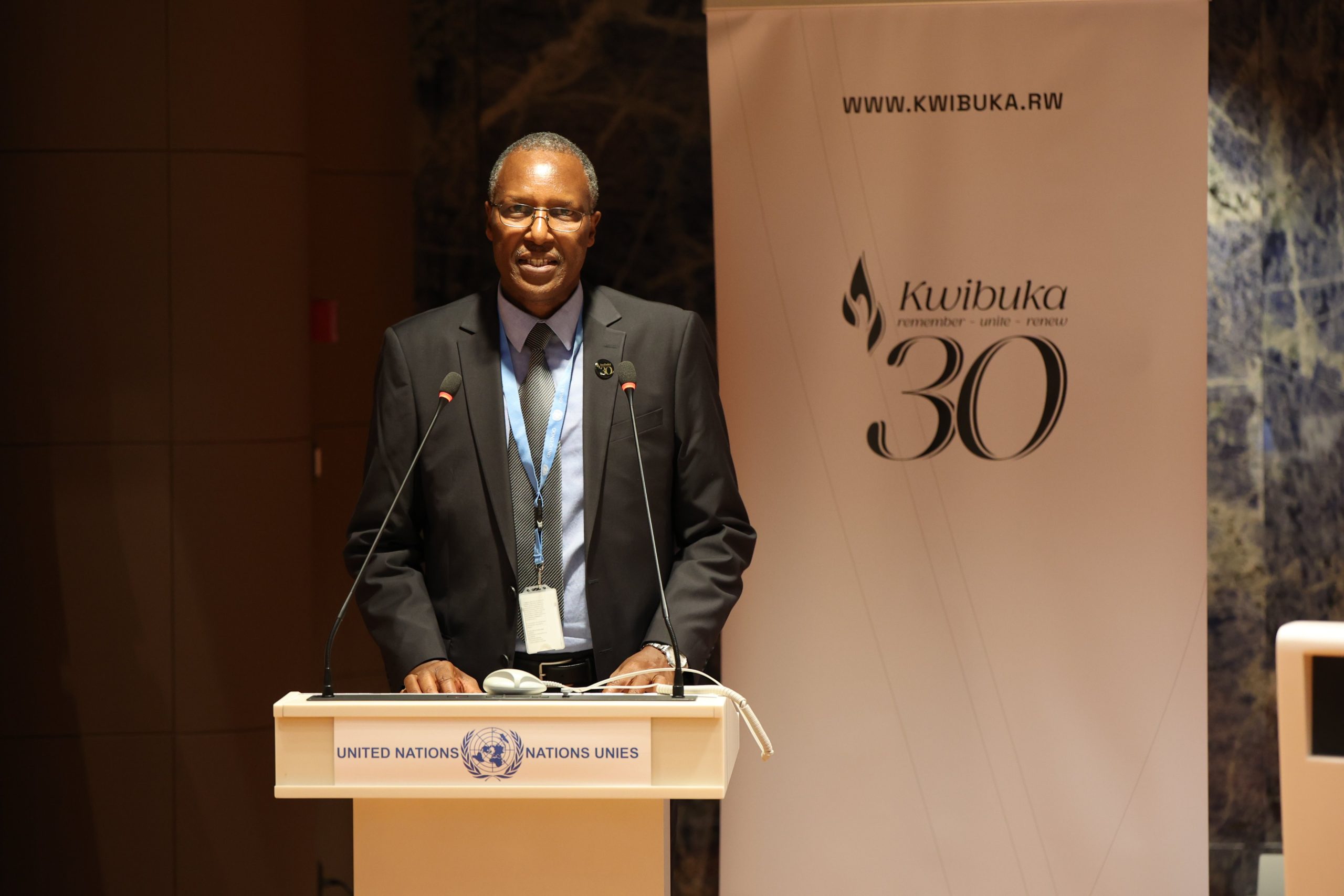
In his remarks, Amb. Ngango reflected on Rwanda’s genocide recovery trajectory under President Paul Kagame’s leadership, praising the survivors’ resilience and courage, fueled by Rwanda’s vision of unity.
Distinguished panelists, including H.E. Anne Emery-Torracinta, Retired General Roméo Dallaire, Esther Mujawayo, Amb. Karel Kovanda, Amb. Ibrahim Agboola Gambari, Itonde Kakoma, President of Interpeace – International Organization for Peacebuilding, and Karine Vasarino, Chief Editor of La RTS, engaged in thought-provoking dialogues.
Their collective expertise and experiences shed light on various aspects of genocide prevention and reconciliation efforts.
H.E. Anne Emery-Torracinta emphasized the importance of international cooperation in addressing genocide denial and ensuring justice for victims.
Retired General Roméo Dallaire shared valuable insights from his experiences during the 1994 genocide against the Tutsi and emphasized the critical role of early intervention and conflict prevention.
Esther Mujawayo, a survivor of the genocide, provided a firsthand account of the atrocities committed, underscoring the importance of commemorating the victims and preventing future atrocities.
Ambassadors Karel Kovanda and Ibrahim Agboola Gambari highlighted the role of diplomacy and multilateral cooperation in promoting peace and preventing genocide.
Itonde Kakoma, President of Interpeace, emphasized the need for inclusive and sustainable peacebuilding efforts to address the root causes of conflict and prevent genocide recurrence.
Karine Vasarino, Chief Editor of La RTS, highlighted the role of media in raising awareness and promoting dialogue on genocide prevention and reconciliation.
The commemoration included with a powerful testimony from survivor Clarisse N. Petrus, statements from the Secretary General of the UN, Antonio Guterres and other senior UN officials, César Murangira, President of the Association of Genocide Survivors IBUKA, Memory and Justice (Swiss section).
Musical and poetic performances added profound depth to the event. The Commemoration Ceremony also concluded with a visual exhibition recounting the 1994 Genocide against the Tutsi and Rwanda’s journey to heal and rebuild after its most horrific tragedy.
The conference concluded with a renewed commitment from participants to continue working together to combat genocide denial, pursue justice for victims, and adopt comprehensive strategies to prevent such crimes in the future.
Hundreds of Rwandans, friends of Rwanda, the Diplomatic Corps accredited to the UN, Representatives of the Canton and City of Geneva, and International NGOs attended the 30th Commemoration.
As the international community commemorates the 30th anniversary of the 1994 genocide against the Tutsi, events like this conference serve as a vital reminder of the importance of collective action in confronting the dark legacy of genocide and promoting peace and reconciliation worldwide.
